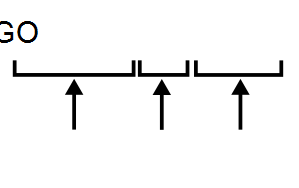Each register has a union declared in the header file for the individual bits in that register. This allows access to an individual bit/bit field from the register using the union declaration.
typedef union {
struct {
unsigned ADGO :1;
unsigned :1;
unsigned ADFM :1;
unsigned :1;
unsigned ADCS :1;
unsigned :1;
unsigned ADCONT :1;
unsigned ADON :1;
};
struct {
unsigned GO :1;
unsigned :1;
unsigned ADFM0 :1;
};
} ADCON0bits_t;
extern volatile ADCON0bits_t ADCON0bits __at(0xF5B);
The union declaration of the ADCON0 register is shown in the code listing above. This register can be accessed as a whole using the macro declaration or as an individual bit/bit field from the register using the union declaration. Here is an example:
ADCON0 = 0x01; /* using macro declaration */
ADCON0bits.GO = 1; /* using bit unions with short bit name convention */
ADCON0bits.ADGO = 1; /* using bit unions with long bit name convention */
The convention used when accessing a bit or a bit field from a register
using the union declaration of register is presented in Figure 2-1.
Figure 1. Access Register Unions
Convention

For further details on unions, consult Microchip Developer - Unions.